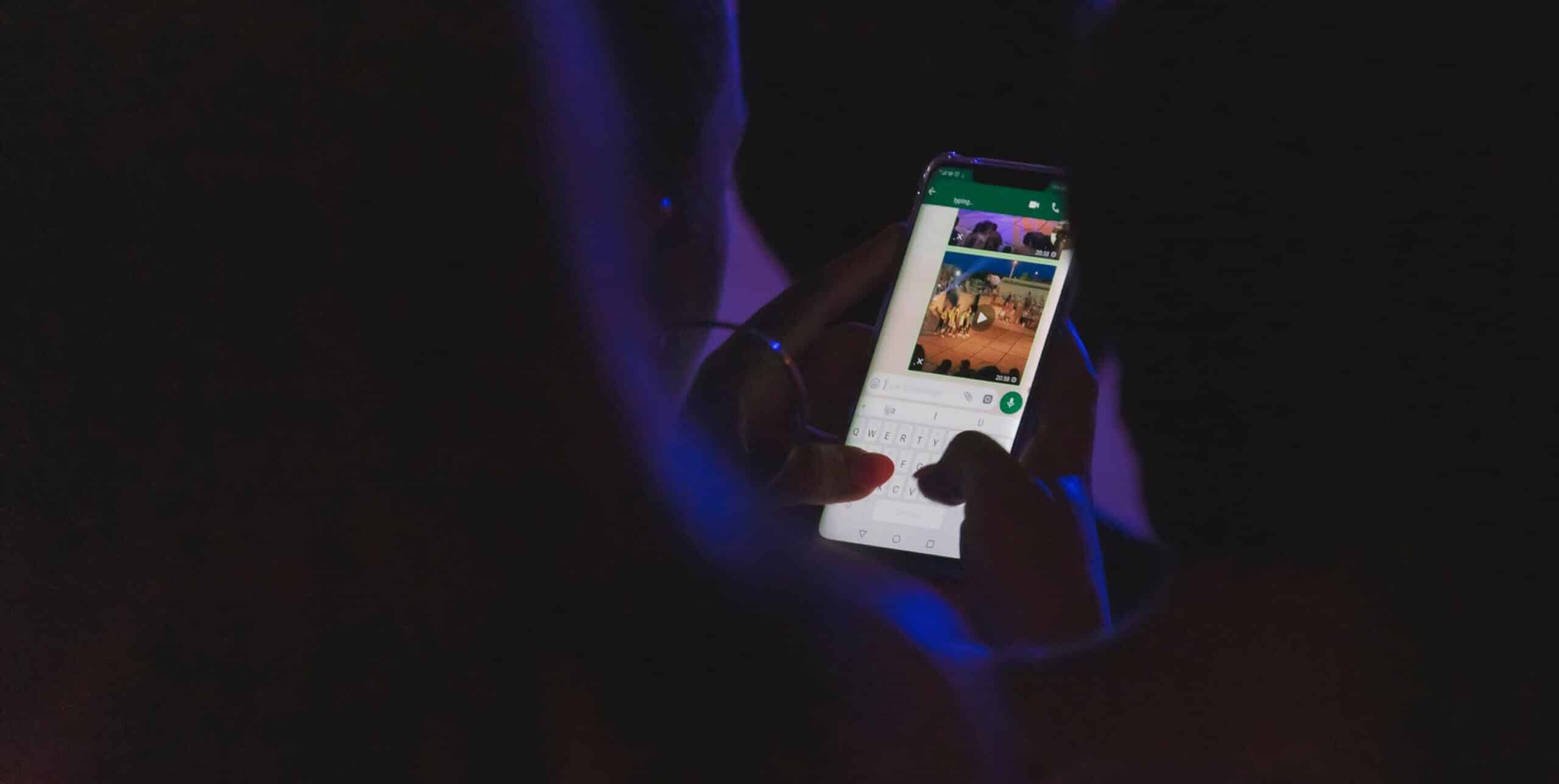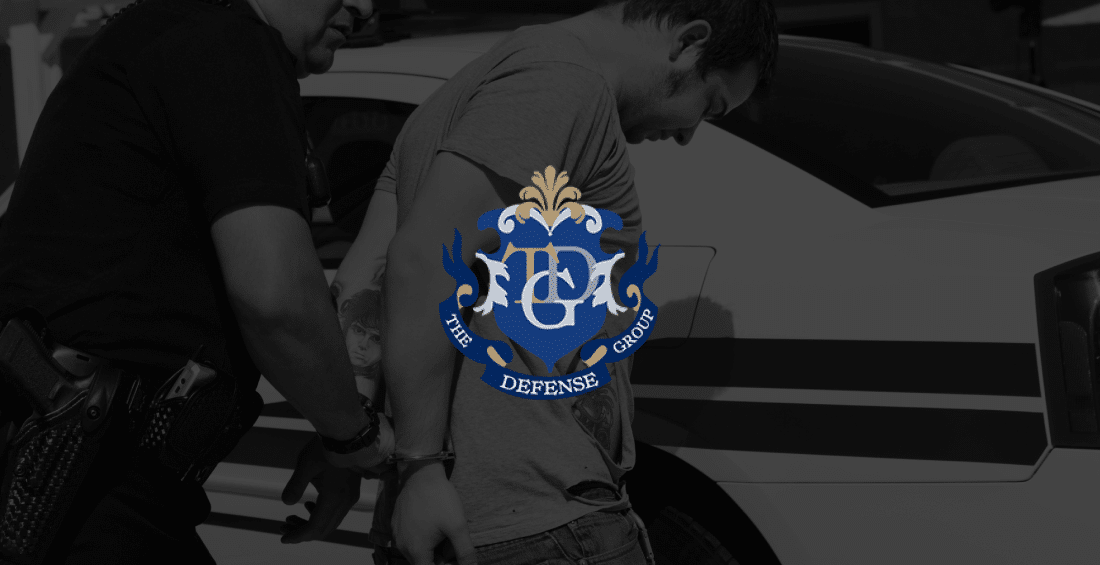The Impact of Social Media on Criminal Defense
If you have spent much time online, you may have heard that “posting through it” is not a good idea when you are in hot water. For someone facing criminal charges, this is doubly true. Even social media posts or actions that say nothing about your situation can disclose more information than you mean to—showing your movements, the timeline of your actions, and more.
However, today’s criminal defense attorneys understand and analyze social media evidence not simply as a cause of trouble but as a possible source of defense for their clients. Internet posts from alleged victims, potential jurors, and other parties can offer valuable insight that may change the course of the case for the defendant.
What Others Can Learn from You Online
Even if you are careful not to post about your case or disparage anyone involved, prosecutors can learn a great deal from your social media history. This information is usually “discoverable”— the prosecutors can access it and enter it into evidence. It includes:
- Photos you have posted or photos of you that others have posted
- Statements you have made online
- Comments on the posts of others
- “Likes” and other reactions to posts and photos
- Timestamps indicating when you were online
- Tags in photos indicating your location
- IP address information showing where you were using the internet
This can contradict previous statements and alibis. For example, if someone claims that they were asleep at 1:30 am, and the evidence shows that they were commenting on Instagram at that time, their credibility will be in question.
Prosecutors will also review posting history from well before the case, as well as other people’s posts that show the defendant. If the defendant—
- makes aggressive statements online
- “likes” posts with violent or questionable material
- depicts themselves with drug paraphernalia
- appears to be drinking heavily
—the prosecutor may be able to present this evidence as proof of motive, preparation, knowledge, or intent to commit the crime. They could also use it to refute a claim that the defendant has a good character.
Even so, it is not necessarily a good idea for a defendant to “scrub” their social media profile by deletions. Destroying evidence carries its own penalties, and it can create a formal presumption that the evidence destroyed would have been negative. It is essential to talk to your defense attorney about this as soon as possible and to be frank and forthcoming about what you have posted.
How the Defense Uses Social Media Evidence
Defense attorneys have a right to use the same evidence that prosecutors do. They can also examine the social media postings of witnesses and alleged victims. The timeline, location, and content of their interactions on social media may show that they cannot have seen what they did or that they could not have been telling the truth about what happened.
The defense’s job is to force the state to prove its case beyond a reasonable doubt. When the state presents evidence from social media, the defense can challenge the state to show that it is an authentic posting. If it is a video or photo, they must show that it is genuine and that it was taken under the circumstances that they claim it was.
Defense attorneys can also move to exclude prejudicial social media evidence. Whether they work for the state or for the defense, attorneys are not allowed to introduce evidence simply to show that someone is a bad person or to prejudice the jury against them. Character evidence is only admissible for specific purposes, including challenging a claim that opposing counsel made about someone’s character.
If the state tries to introduce evidence that a defendant made nasty statements online or “liked” unpleasant material, it should not be able to do so unless it has a particular reason, such as showing motive, knowledge, or intent. This reason must also outweigh the possibility of creating prejudice in the jury by the admission of the evidence. An experienced defense attorney knows how to fight the admission of evidence like this.
Social media evidence can also play a role in jury selection or challenges to jury verdicts. Jurors often leave a trail of evidence about their beliefs and opinions, and defense attorneys may be able to use these to exclude a prejudiced person from a jury. If a juror posts during or after the trial in violation of the court’s rules, the defense may have grounds to move for a new trial. Defendants appealing a jury verdict may also point to posts of jurors that show prejudice.
Securing Your Defense Strategy
Laws about social media evidence are evolving along with technology. If you are facing felony, misdemeanor, or DUI charges in Florida, you will need a defense attorney with a sharp eye on the possibilities of danger and opportunity from social media evidence, as well as new developments in the law. At the Defense Group, we want to cut through the fear and confusion to help you build a strong defense strategy. Call us today at 407-743-8430 to schedule a free initial case review in our Orlando offices.











